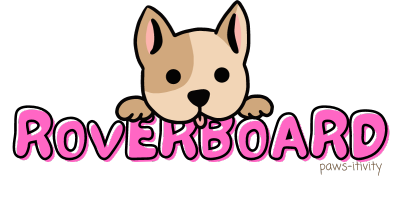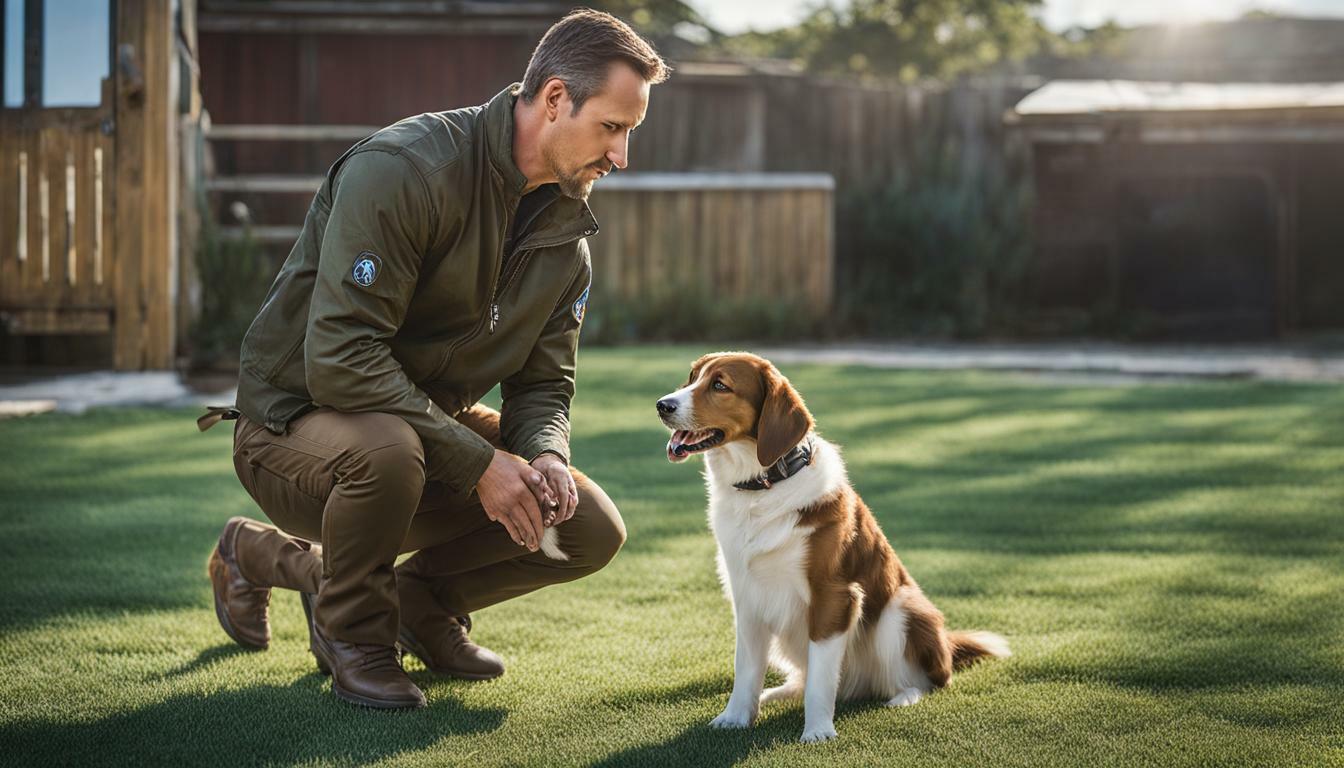Are you considering adding a Pembroke Welsh Corgi to your family? These adorable, fluffy pups are a popular choice for a reason. Corgis are intelligent, affectionate, and loyal, making them excellent companions for people of all ages. However, before you bring home your new furry friend, there are a few things you need to know.
This guide will provide you with everything you need to know about owning a Pembroke Welsh Corgi. From training and grooming to nutrition and exercise, we’ve got you covered. By following the advice in this guide, you’ll be able to provide a happy, healthy home for your new Corgi.
- Understanding the essential aspects of Pembroke Welsh Corgi ownership will help you provide a happy, healthy home for your new furry friend.
- This guide covers everything from training and grooming to nutrition and exercise, so you’ll have all the information you need to take care of your Corgi.
- Owning a Pembroke Welsh Corgi can be a rewarding experience, but it’s important to be prepared for the responsibilities that come with it.
- Choosing a reputable breeder and providing proper socialization are crucial to ensuring your Corgi’s health and happiness.
- By following the advice in this guide, you can enjoy a long and fulfilling journey as a Pembroke Welsh Corgi owner.
What to Consider When Raising a Pembroke Welsh Corgi
Welcoming a Pembroke Welsh Corgi into your home is an exciting time, but it’s essential to prepare for their arrival. Raising a Corgi requires careful consideration and planning to ensure their well-being, safety, and happiness. Here are some key factors to keep in mind when bringing a Pembroke Welsh Corgi into your life:
Puppy-Proof Your Home
Before bringing your Corgi puppy home, make sure to puppy-proof your living space. This means securing electrical cords, removing toxic plants, and keeping hazardous items out of reach. Puppies love to chew and explore, so it’s essential to make sure your home is a safe environment for them to do so.
Establish a Routine
Pembroke Welsh Corgis thrive on routine, so it’s vital to establish a consistent daily schedule. This includes feeding times, exercise routines, and potty breaks. By setting a routine from the beginning, you can help your Corgi feel secure and reduce their anxiety.
Crate Training
Crate training is an effective way to train your Corgi and keep them safe when you’re not home. The crate should be large enough for them to stand up, turn around, and lie down comfortably. Gradually introduce your Corgi to the crate, using positive reinforcement and treats to create a positive association with their new space.
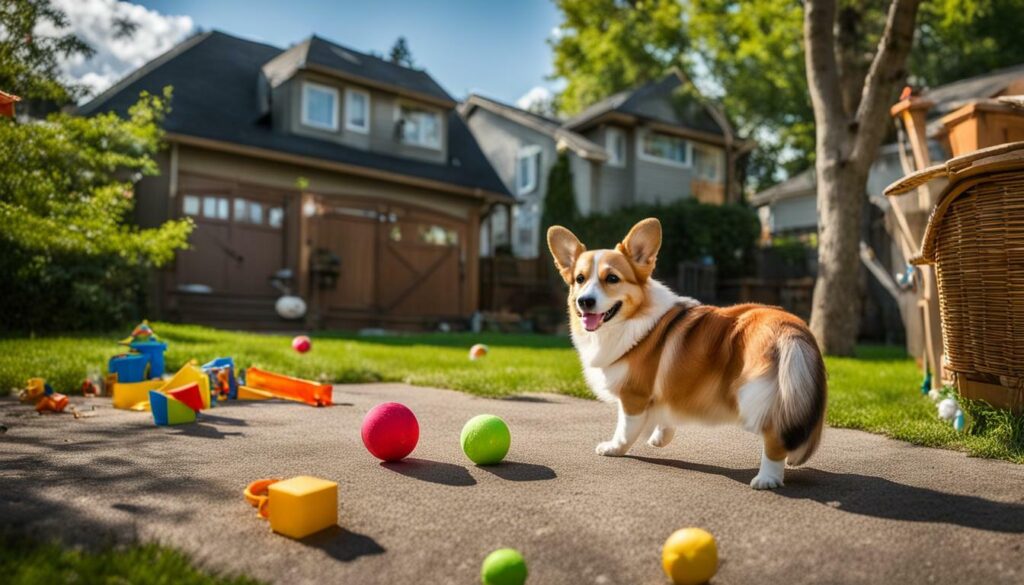
Provide Plenty of Exercise and Stimulation
Corgis are energetic dogs that require plenty of exercise and stimulation to stay healthy and happy. Daily walks, playtime, and interactive toys can help prevent destructive behavior and keep your Corgi physically and mentally stimulated.
Train Your Corgi with Positive Reinforcement
Positive reinforcement is the best way to train your Corgi and encourage good behavior. Reward your Corgi with treats, praise, and playtime when they follow commands or exhibit desirable behavior. Avoid using punishment or harsh techniques, as this can cause anxiety and damage the bond between you and your Corgi.
Raising a Pembroke Welsh Corgi requires patience, dedication, and lots of love. By providing a safe and happy environment, establishing a routine, and using positive training techniques, you can set your Corgi up for a joyful life with their new family.
Corgi Care Tips for Health and Grooming
As a Pembroke Welsh Corgi owner, caring for your furry friend’s health and appearance is essential. Regular grooming and attention to their overall well-being can prevent health issues and ensure your Corgi leads a happy and healthy life. Here are some useful tips to maintain your Corgi’s health and appearance:
Regular Grooming
Corgis have a thick, double-layered coat that requires regular grooming to keep it in good condition. Brushing is important to remove loose hair, prevent matting, and distribute natural oils throughout the coat. Aim to brush your Corgi at least once a week and consider using a de-shedding tool during shedding season.
Bathing your Corgi once a month or as needed can help keep their coat clean and shiny. Use a mild dog shampoo, rinse thoroughly, and dry your Corgi with a towel or blow dryer on a low heat setting.
Dental Care
Corgis are predisposed to dental problems, so it’s essential to keep their teeth clean and healthy. Brush your Corgi’s teeth daily or use dental chews to prevent plaque buildup and gum disease. Schedule regular dental checkups with your veterinarian to ensure your Corgi’s dental health is in good condition.
Common Health Issues
Corgis are generally healthy dogs, but they may be prone to certain health issues such as hip dysplasia, degenerative myelopathy, and canine intervertebral disc disease (IVDD). Schedule regular check-ups with your veterinarian to catch any health issues early and prevent serious complications.
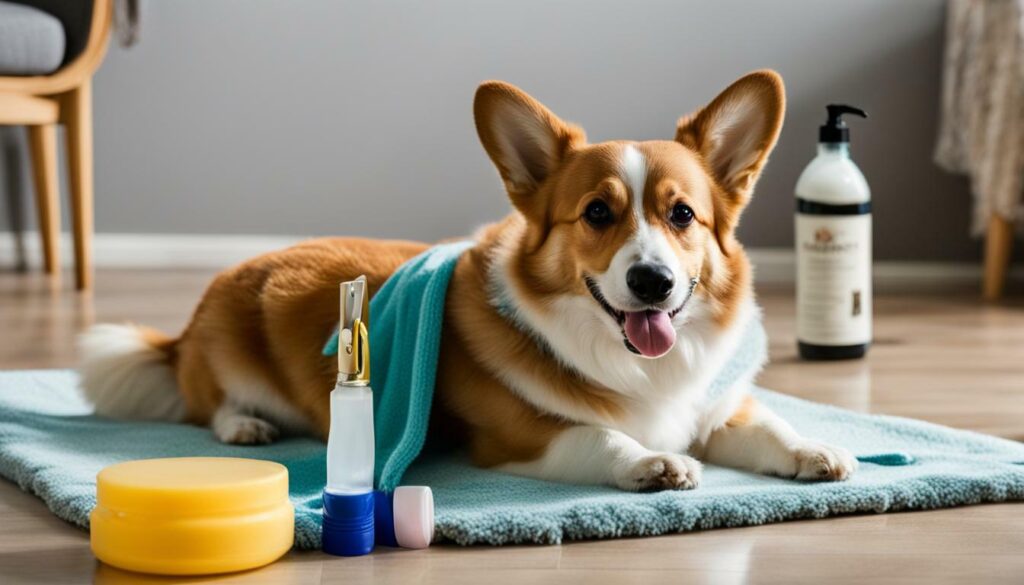
With proper care and attention, your Pembroke Welsh Corgi can lead a long and healthy life. Keep your Corgi’s coat and teeth clean, schedule regular check-ups with your veterinarian, and address any health issues promptly. By following these simple tips, you can ensure your Corgi remains healthy and happy for years to come.
Training Your Pembroke Welsh Corgi: Advice and Techniques
Training a Pembroke Welsh Corgi can be both challenging and rewarding. These intelligent dogs require consistent training and positive reinforcement to become well-behaved, obedient pets.
Crate Training
Crate training is an essential part of raising a Pembroke Welsh Corgi. Not only does it provide a safe and comfortable space for your dog, but it also helps with housebreaking and preventing destructive behavior.
Start by introducing your Corgi to the crate gradually. Place treats and toys inside to encourage them to enter, and never force them inside. Once they are comfortable with the crate, begin closing the door for short periods while you are home, gradually increasing the time they spend inside.
Basic Obedience Training
Basic obedience training is crucial for a well-behaved Pembroke Welsh Corgi. Start with simple commands like “sit,” “stay,” and “come.” Use positive reinforcement, such as treats or verbal praise, to encourage good behavior.
Consistency is key when training a Corgi. Practice for short periods multiple times a day, and always end sessions on a positive note. Gradually increase the difficulty of commands as your dog becomes more confident in their training.
Addressing Behavioral Issues
Like all dogs, Pembroke Welsh Corgis may develop behavioral issues such as barking, digging, or jumping. These issues can be addressed through training techniques such as redirecting, ignoring undesirable behavior, and positive reinforcement.
If you’re struggling to address behavioral issues on your own, consider consulting a professional dog trainer. They can provide personalized advice and support to help your Corgi overcome any issues they may be experiencing.
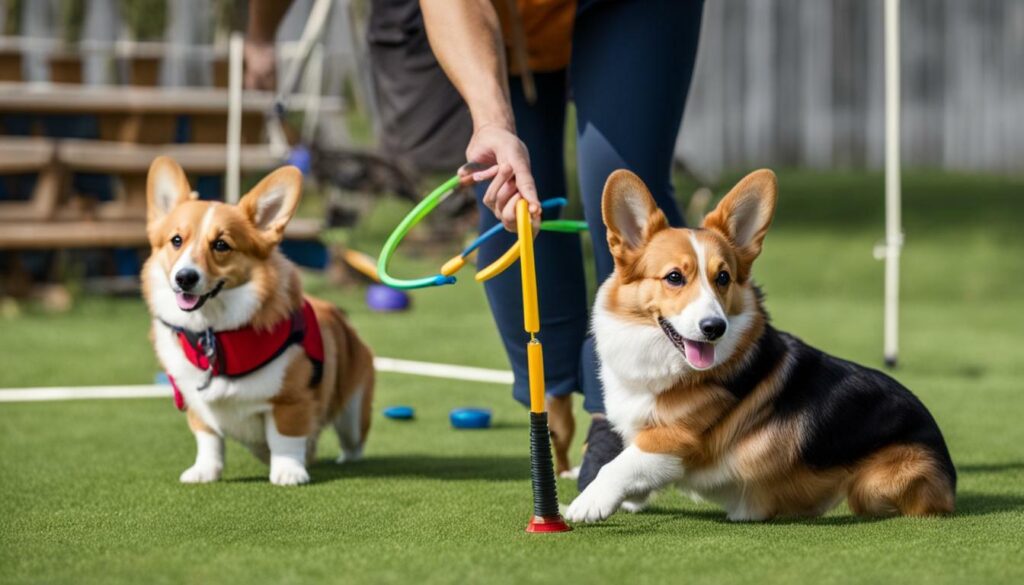
Housebreaking a Pembroke Welsh Corgi requires patience and consistency. Establish a routine for taking your dog outside to eliminate, and reward them with praise and treats when they go in the appropriate location.
Inevitable accidents should be handled calmly and without punishment. Use an enzymatic cleaner to remove any odors and discourage repeat accidents in the same location.
Conclusion
Training a Pembroke Welsh Corgi requires patience, consistency, and positive reinforcement. By establishing a routine and addressing any behavioral issues early, you can help your Corgi become a well-behaved and obedient pet.
Understanding the Pembroke Welsh Corgi Temperament
The Pembroke Welsh Corgi is a beloved breed known for their intelligence, loyalty and social nature. Understanding their unique temperament is essential to providing them with a happy and healthy life.
One of the most defining characteristics of a Corgi is their intelligence. They are quick learners and enjoy tasks that challenge their minds. Owners should provide plenty of mental stimulation to keep their Corgi engaged and prevent boredom.
Another important aspect of a Corgi’s temperament is their loyalty. They are fiercely devoted to their owners and thrive on affection and attention. Corgis are known to be excellent watchdogs, as they will bark to alert their owners of any potential danger.
Corgis are also social animals and enjoy spending time with their human family. They do well with children and other pets, but early socialization is important to prevent any potential issues with aggression or shyness.
It’s important to note that every Corgi is an individual, and their temperament may vary based on genetics, environment, and upbringing. However, with proper training, socialization, and plenty of love and attention, a Pembroke Welsh Corgi can make a wonderful and loyal companion for years to come.

Providing your Corgi with plenty of love, attention, and proper care is crucial to their happiness and well-being. The next section will provide guidance on how to meet their exercise requirements to keep them physically and mentally healthy.
Meeting the Exercise Requirements of a Pembroke Welsh Corgi
Pembroke Welsh Corgis are energetic and playful dogs that require regular exercise to stay healthy and happy. As a Corgi owner, it’s important to provide them with enough physical and mental stimulation to prevent boredom and destructive habits.
The American Kennel Club recommends that adult Corgis get at least 30 minutes to an hour of exercise per day. This can include brisk walks, runs, or playing games like fetch or tug-of-war. In addition to physical exercise, Corgis also benefit from mental stimulation, such as training sessions, puzzle toys, and interactive play.
It’s important to note that while Corgis enjoy exercise, they are prone to weight gain and obesity. Therefore, it’s important to monitor their calorie intake and ensure they are getting an appropriate amount of exercise for their age, weight, and activity level. Consulting with a veterinarian can help determine the appropriate diet and exercise plan for your Corgi.
Corgis are also susceptible to joint problems, such as hip dysplasia, so it’s important to avoid excessive jumping and provide them with comfortable surfaces to rest on.
| Exercise Needs of a Pembroke Welsh Corgi | Description |
|---|---|
| Daily Walks | A brisk walk around the neighborhood is a great way to provide exercise and mental stimulation. |
| Fetch and Tug-of-War | Interactive play with toys is a great way to keep your Corgi entertained and physically active. |
| Training Sessions | Corgis are intelligent dogs that enjoy learning new things. Obedience training and agility courses provide mental stimulation and help build the bond between owner and pet. |
| Puzzle Toys | Interactive toys that dispense treats or hide toys provide mental stimulation and prevent boredom. |
Regular exercise and mental stimulation are essential for the health and happiness of a Pembroke Welsh Corgi. By providing them with enough physical and mental activity, while monitoring their calorie intake and joint health, you can ensure they live a long and healthy life.

If you have made the decision to add a Pembroke Welsh Corgi to your family, it is important to choose a reputable breeder. This ensures that your new furry friend is healthy and has been raised in a safe and ethical environment.
When choosing a breeder, start by doing your research. Consult breed associations and online forums to find breeders with a good reputation. A reputable breeder will prioritize the health and welfare of their dogs over profits and will be happy to answer any questions you may have.
One of the most important considerations when selecting a breeder is the health of their dogs. Reputable breeders will test their dogs for common health issues such as hip dysplasia, progressive retinal atrophy, and von Willebrand’s disease. They will also be upfront about any genetic health issues that may be present in their breeding lines.
Another important factor to consider is the breeder’s breeding practices. A reputable breeder will only breed dogs that meet certain standards for health, temperament, and conformation. They will also ensure that their dogs are well-cared for and socialized from a young age.
Finally, it is essential to find a breeder who is responsible and transparent. A reputable breeder will provide documentation that proves the lineage of their dogs, including pedigree papers and health records. They will also be happy to show you their breeding facilities and answer any questions you may have about their breeding practices.
When choosing a breeder, take the time to do your research and choose someone who is committed to producing happy, healthy, and well-socialized Pembroke Welsh Corgis. By choosing a reputable breeder, you can ensure that your new furry friend will be a cherished member of your family for years to come.

Socialization is a critical aspect of raising a healthy and happy Pembroke Welsh Corgi. It is the process of exposing your Corgi to various environments, people, and other animals to help them develop into a well-adjusted and confident adult dog.
When socializing your Corgi, it is important to start early and expose them to different stimuli gradually. Introduce them to new people and animals in a controlled environment, such as a puppy class or a controlled playdate. Always supervise their interactions with other pets and children to ensure their safety.
Exposing your Corgi to different environments is also key to proper socialization. Take them for walks in new areas, introduce them to different types of surfaces such as grass and pavement, and acclimate them to different sounds such as cars and loud noises.
Proper socialization can help reduce anxiety and prevent behavioral issues such as aggression and fearfulness. It is important to continue socializing your Corgi throughout their life to maintain their confidence and adaptability.

In summary, socialization is an essential part of raising a well-rounded Pembroke Welsh Corgi. By gradually exposing them to different environments, people, and animals, you can help them develop into a confident and happy adult dog. Remember to start early, go at your Corgi’s pace, and always supervise their interactions to ensure their safety.
Feeding and Nutrition Tips for Your Pembroke Welsh Corgi
When it comes to feeding your Pembroke Welsh Corgi, it’s essential to prioritize their nutritional needs. These active and energetic dogs require a balanced and healthy diet to maintain their health and wellbeing. Here are some feeding and nutrition tips to keep in mind:
Choose High-Quality Dog Food
While it may be tempting to opt for cheaper dog food brands, investing in high-quality dog food can make a significant difference in your Corgi’s health. Look for dog food that includes whole meat as the primary ingredient, rather than meat by-products. Avoid dog food that contains fillers and artificial preservatives, as these can cause health issues for your dog in the long run.
Monitor Your Corgi’s Portion Control
Corgis have a tendency to overeat, and this can lead to obesity and other health issues. Carefully measure out your Corgi’s meals and avoid giving them extra treats or snacks that can add unnecessary calories. Consult with your veterinarian to determine the appropriate portion size for your dog’s individual needs.
Consider a Raw Food Diet
Some owners may choose to feed their Corgis a raw food diet, which typically consists of uncooked meat, bones, and vegetables. While this diet can be beneficial for some dogs, it’s essential to ensure that your Corgi is getting all of the necessary nutrients in their diet. Consult with your veterinarian before switching to a raw food diet.
Provide Access to Fresh Water
Make sure your Corgi has access to fresh, clean water at all times. Keep their water bowl clean and full, and consider providing additional water bowls throughout your home to ensure they stay hydrated.

By following these feeding and nutrition tips, you can help ensure that your Pembroke Welsh Corgi stays healthy and happy throughout their life.
Wrapping Up: Your Journey as a Pembroke Welsh Corgi Owner
Congratulations on completing the essential guide to owning a Pembroke Welsh Corgi! By now, you should have a solid understanding of the key factors to consider when raising and caring for your furry friend.
Remember, raising a Corgi can be a rewarding journey, but it’s important to approach it with patience, dedication, and a willingness to learn. By establishing a routine, training your Corgi with positive reinforcement, and providing them with proper nutrition and exercise, you can ensure a happy and healthy life for your furry friend.
Whether you’re a new Corgi owner or considering adding one to your family, we hope this guide has provided valuable insights and tips to help you navigate the challenges and joys of owning a Pembroke Welsh Corgi. Use the knowledge you have gained to offer your Corgi the best possible care and experience the unconditional love and companionship that only a Corgi can provide.
Thank you for taking the time to read this Pembroke Welsh Corgi ownership guide, and we wish you all the best on your journey as a Corgi owner!
FAQ
Q: What should I consider when raising a Pembroke Welsh Corgi?
A: When raising a Pembroke Welsh Corgi, it’s important to puppy-proof your home, crate train them, and establish a routine for feeding, exercise, and potty breaks.
Q: How can I properly groom and care for my Corgi?
A: Regular grooming, including brushing their coat, cleaning their ears, and trimming their nails, is essential for maintaining the health and appearance of your Pembroke Welsh Corgi. Additionally, providing dental care and being aware of common health issues is important for their overall well-being.
Q: What advice do you have for training a Pembroke Welsh Corgi?
A: To train your Pembroke Welsh Corgi, focus on basic obedience training, housebreaking, and addressing any behavioral issues that may arise. Consistency, positive reinforcement, and patience are key in successfully training your Corgi.
Q: What is the typical temperament of a Pembroke Welsh Corgi?
A: Pembroke Welsh Corgis are known for their intelligence, loyalty, and social nature. Understanding their temperament will help you build a strong bond with your Corgi and ensure their well-being.
Q: How can I meet the exercise requirements of my Corgi?
A: Pembroke Welsh Corgis require regular exercise to stay physically and mentally stimulated. Incorporate activities such as walks, play sessions, and mental challenges into their daily routine to meet their exercise needs.
Q: How can I choose a reputable Pembroke Welsh Corgi breeder?
A: When selecting a breeder, it’s important to consider factors such as health testing, breeding practices, and finding a responsible breeder who prioritizes the well-being of their dogs.
Q: Why is socialization important for a Pembroke Welsh Corgi?
A: Proper socialization helps a Pembroke Welsh Corgi develop into a well-behaved and confident dog. Exposing them to various environments, people, and other animals from a young age will help them become well-rounded companions.
Q: What feeding and nutrition tips should I follow for my Corgi?
A: Developing a healthy and balanced diet is crucial for your Pembroke Welsh Corgi’s overall health. Consider key nutritional considerations, portion control, and address any specific dietary issues that may arise.
Q: What should I know about becoming a Pembroke Welsh Corgi owner?
A: Owning a Pembroke Welsh Corgi is a rewarding journey. This guide has provided essential information on raising, training, grooming, and caring for your Corgi. Embrace the experience and enjoy the unconditional love and companionship they bring.

Marissa Delotta, 36, from Dayton, Ohio, is the creative force behind Roverboard.com, a beloved online destination for dog lovers. As a dedicated mom and canine enthusiast, Marissa combines her family experiences with her love for dogs to offer a platform where dog owners can exchange tips, heartwarming stories, and advice. Her website has become a vibrant community for sharing the joys of dog parenting. In her free time, Marissa enjoys exploring dog parks with her family and volunteering at local animal shelters.
